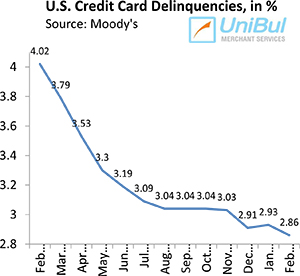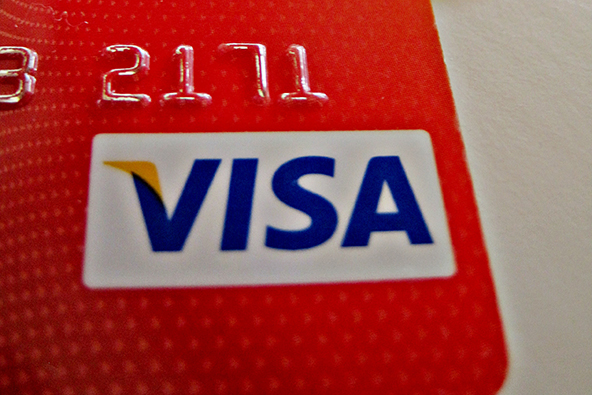6 Reasons Why Visa Can Terminate Your Merchant Agreement

Visa can permanently ban a merchant, Internet Payment Service Provider (IPSP), sponsored merchant, or any other entity, or one of its principal owners, from accepting Visa or Visa Electron card payments for a number of reasons, but typically for one of the following:
- Fraudulent activity.
- Presenting sales receipts that are not the result of legitimate transactions between a cardholder and a merchant (laundering).
- Entering into a merchant agreement under a new name with the intent to circumvent the provisions of applicable Visa rules.
- Activity that causes the processor to repeatedly violate applicable Visa rules.
- The merchant has been placed in Visa’s High-Risk Chargeback Monitoring Program because it has:
- More than 100 chargebacks per month,
- An overall chargeback-to-transaction ratio of one percent or greater and
- No effective remedial plan has been developed.
- The merchant has been placed in Visa’s Global Merchant Chargeback Monitoring Program because the merchant’s chargeback-to-transaction ratio is two percent or greater, without an effective chargeback reduction plan and 2 of the following levels of chargeback activity are reached:
- The merchant’s chargeback ratio is 2 or more times the specified chargeback ratio in a single month.
- The merchant is assessed fees for 3,000 or more chargebacks in a single month.
- The merchant is assessed $1 million or more in Global Merchant Chargeback Monitoring Program fees.
The number one reason for terminating a merchant agreement, however, is excessive chargebacks. Visa can terminate a merchant in the following chargeback-related cases:
Once a merchant agreement is terminated for one of the above reasons, Visa prohibits its member banks from entering into new agreements with the banned merchant or its principals. Processors who sign up a prohibited merchant face substantial fines, as listed in the table below:
| Violation | Fine |
| First violation in a 5-year period | $10,000 |
| Second violation in a 5-year period | $20,000 |
| Third violation in a 5-year period | $50,000 |
| 4 or more violations in a 5-year period | At the discretion of Visa |
Additionally, Visa assesses an additional fine of US $10,000 for each 30-calendar-day period, or a portion of it, during which the processor fails to terminate the merchant agreement.
Faced with such steep fees, processors would typically suspend a merchant account and launch an investigation at the earliest sign that something may be wrong with the transactions processed by one of their merchants. If fraud is confirmed or the merchant is otherwise in violation, its account will be immediately terminated. If the merchant’s chargeback ratio is elevated, but below Visa’s applicable limit, it may be allowed to continue accepting card payments, but it will be closely monitored. If the merchant’s chargeback ratio remains high in the following months, its account will most likely be terminated, even if Visa’s chargeback limit has not been reached.
Image credit: l3payments.com.


